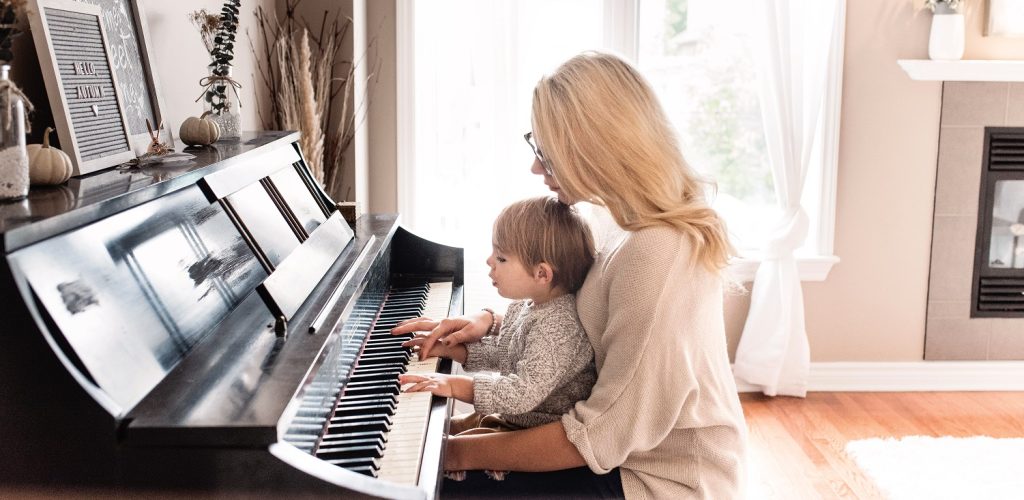By Jared Fast
As music school owners, my sister and I are always asking: what can we do to give our music students the greatest chance for success? The answer, of course, depends on how you define success. Our customers and students come to us with many different goals and definitions for successful outcomes. Some just want to learn to play their favourite song, while others want to achieve their Level 8 or Level 10 Royal Conservatory certificate. There are also a large number of parents and students who have no specific goals other than a vague idea of “learning to play”. These can be good short or medium-term goals, but we have always made short-term decisions with a very long-term definition of success in mind: we want to help students make music for life.
What is our ultimate definition of success? Our goal is for students to enjoy playing music twenty, thirty, forty, and fifty years after they stop taking lessons with us.
We often hear a common story: parents push their child to achieve a Level 8 or 10 RCM certificate, and immediately after that the student quits music and never touches an instrument again. Those parents may consider that a success, but we would not. Undoubtedly their music education will help those children achieve success in many other areas of life. Music education teaches the value of hard work, how to overcome difficulties, and develops confidence and self-discipline which are invaluable to many other areas of life. For example, my wife credits years of rigorous violin training with giving her the grit she needed to get through medical school and achieve her career goals.
And so, while music education is never wasted, we consider it true success when students learn to love playing music or singing for its own sake and become self-motivated to pursue and enjoy it for the rest of their lives.
Does that mean our school only focuses on having fun and not on proper musicianship? No! Developing proper technique, reading music, and pursuing excellence in all aspects of music are very important to us. But they are important to us because they enable enjoyment of music! For example, it is important to develop proper piano technique as a beginner because without it, it is impossible to play more advanced and enjoyable music.
Wherever you or your children are on their musical journey we wish you success and hope this encourages you to think about and define your desired long-term outcome. Hopefully it will include enjoying making music for a lifetime!




